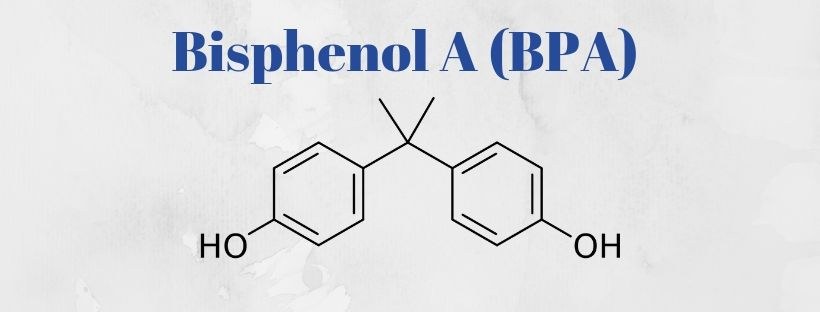The War on Plastic Waste: How does this affect Coding and Marking?
10th May, 2018
The twenty-first-century planet has a new enemy: wasted plastic. The way we dispose and unnecessarily use plastic is a huge issue and it is up to a new generation of thinkers to tackle the problem.
Plastic is a low cost and effective way to store and transport food to consumers. At the moment it allows manufacturers to add in the necessary extras to keep food as fresh as possible, for as long as possible, so the consumer can enjoy their red meat, fresh spinach leaves and fresh bread at its best. Whilst finding alternatives and even combination materials is in the pipeline, the way we manufacture and produce food needs to change, and then the packaging can be adapted. Let’s not forget cost here either, upping the costs can also impact the consumer.
Whilst reducing plastic initiatives are still in their infancy, the coding industry needs to be one step ahead. We need to be able to supply manufacturers with the right equipment to safely label and code products (particularly food) wrapped in non-plastic materials to the same standards that we can plastic.
As plastic remains the most prominent packaging option for various industries, thermal transfer overprinting is the ideal choice of coding and marking technology- allowing machines to print at extreme temperatures, speeds and under varied factory conditions without compromising on the print quality.
Should new combination materials or alternatives such as cardboard and paper become the norm, thermal inkjet printing, which uses fast-drying inks and is more compatible with porous materials, could become the preferred coding option. By offering both coding technology options, ICE is ensuring that we can provide the best possible solution and service as the packaging landscape changes to help save the planet.
If you’re looking for the ideal coding and marking solution- get in touch by emailing enquiries@uk.interactivecoding.com to speak to one of our coding experts about your needs.
Related
BPA used in packaging: Damaging for human health and to be banned by the EU?

More Resources

